According to Healthline, consuming a high-protein diet is a safe and effective tool for weight loss, preventing obesity, and reducing the risk of obesity-related diseases.
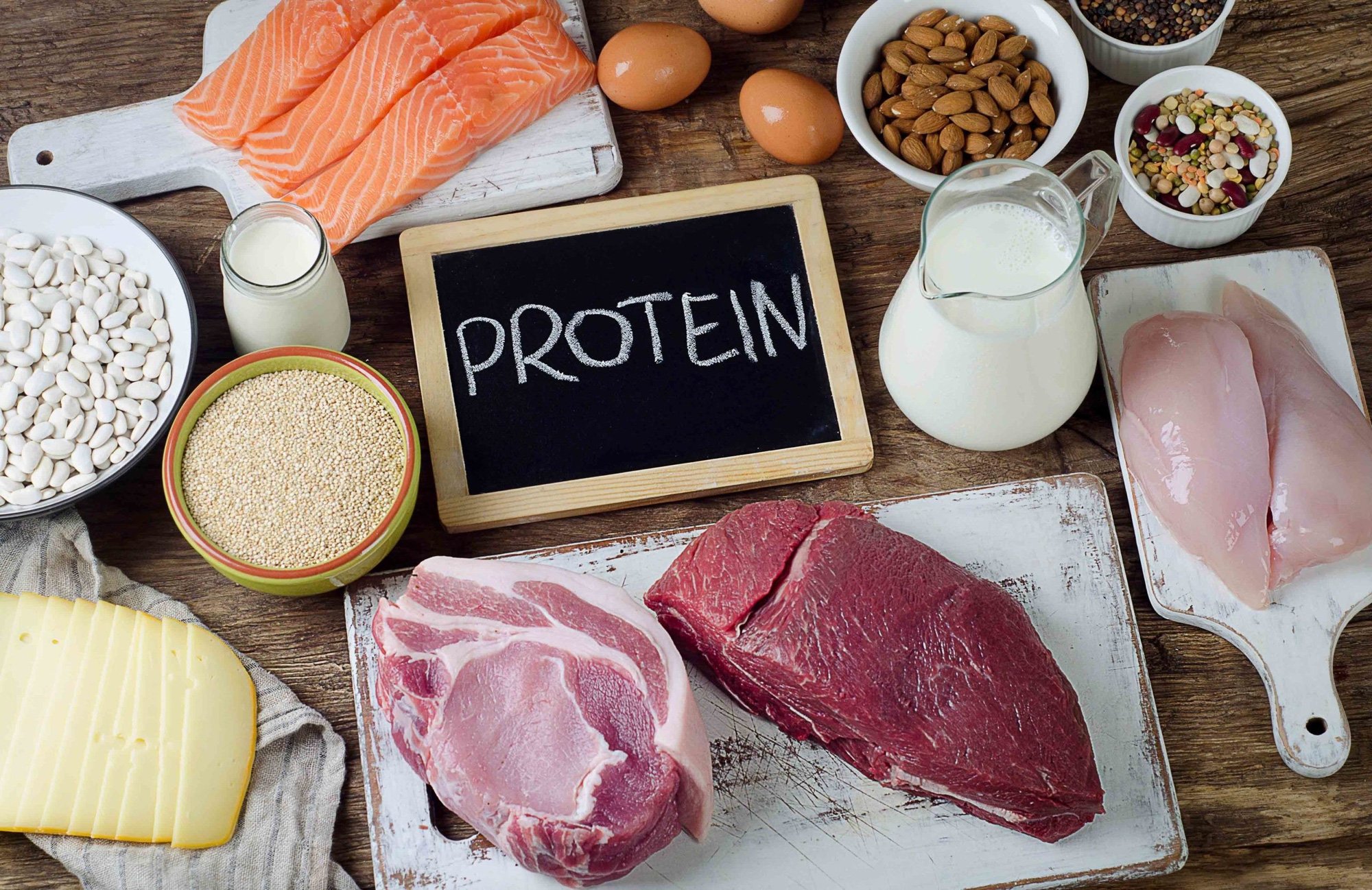
Focusing on protein consumption as an important component of a balanced diet is essential - Photo: Better Health Channel
Another study in 2024 found that doctors prescribing obesity medications should advise patients on their nutritional needs, especially protein. In general, focusing on protein consumption as an important part of a balanced diet is essential.
But how much protein should you consume, what type, and when? Here are six of the most common mistakes people make when changing their protein intake to reach their health goals.
Consuming too little protein
Protein needs are individual and are based on factors such as weight, height and lifestyle, such as activity levels. However, don't let your protein intake get too low. Without enough protein, your body won't function properly. Most reactions in our bodies require protein.
Common signs that you're not getting enough protein include more snacking throughout the day, constant cravings, weakness, fatigue, mood and cognitive function difficulties, more frequent illnesses, and brittle hair and nails.
Simple ways to add more protein to your diet are to add eggs, tuna, beans or tofu to noodles, rice, salads, breads… and other mixed dishes, eat cheese, Greek yogurt, peanut butter or nut butter.
Consuming too much protein
High-protein diets are generally safe, if you enjoy them and still ensure you get enough of other essential nutrients.
However, there may be cases of overconsumption. A 2023 study found no evidence that high-protein diets cause kidney stones or other diseases, but the authors called for more long-term data.
Signs that you're consuming too much protein include constipation due to lack of fiber, dehydration, stress on your kidneys, especially if you already have kidney problems, bad breath, and weight gain.
Consult your doctor or dietitian to determine if a high-protein diet is right for you, and make sure you're consuming a balanced diet that includes fruits, whole grains, healthy fats, and vegetables.
Not distributing protein properly throughout the day
While protein is essential, nutritionists recommend eating it in small, frequent amounts, rather than focusing on it in one sitting. In other words, eat protein at every meal, rather than trying to consume all of your daily protein needs in one meal.
Aim for 20–30 grams of protein per meal. This is a good rule of thumb for most adults to help keep you feeling full and support muscle synthesis. Protein needs may vary based on activity level, goals, and health status.
Forgetting to Consider Protein Quality
While no foods should be completely eliminated, nutritionists stress that it is important to pay attention to the types of protein you regularly consume. Quality proteins include lean meats, seafood, dairy products, and plant proteins.
Some common sources of protein that are not listed include processed meats, red meats, and energy bars. Processed meats and red meats often contain sodium and other ingredients that may do more harm than good, leading to cancer risk. These are not ideal primary sources of protein in the diet.
Skip the plant protein
Animal protein is often the default choice, but plant proteins like beans and tofu are rich in fiber, vitamins, and minerals. Diversifying your diet with plant proteins can improve heart health, aid digestion, and provide a more sustainable food source.
People who choose a vegetarian or vegan diet need to pay attention to their protein intake, ensuring that they are consuming a variety of protein sources to meet all the essential amino acids.
Eat the same protein every day
It's not necessarily a bad thing to love one protein so much that you eat it every day, but if you only eat chicken breast, consider adding other options to your menu.
Protein sources contain amino acids. Each amino acid functions differently in the body. Some must be obtained from the diet because the body cannot synthesize them.
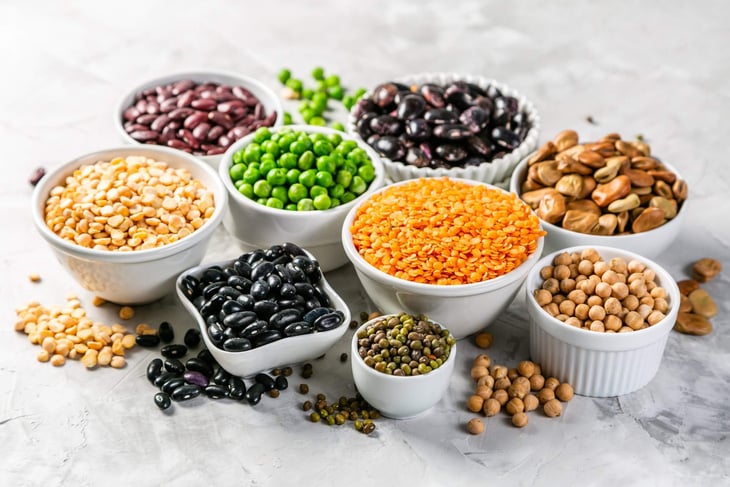 Eating more plant protein reduces the risk of heart disease
Eating more plant protein reduces the risk of heart diseaseSource: https://tuoitre.vn/6-sai-lam-pho-bien-khi-an-nhieu-protein-de-giam-can-20250101144850848.htm








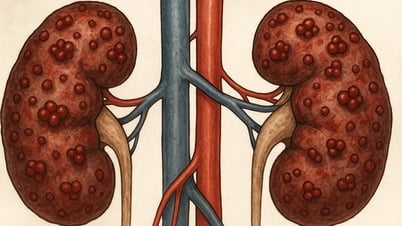

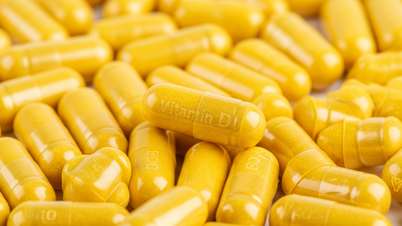
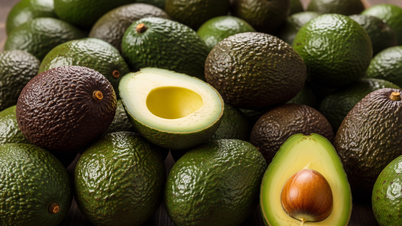
































































































Comment (0)